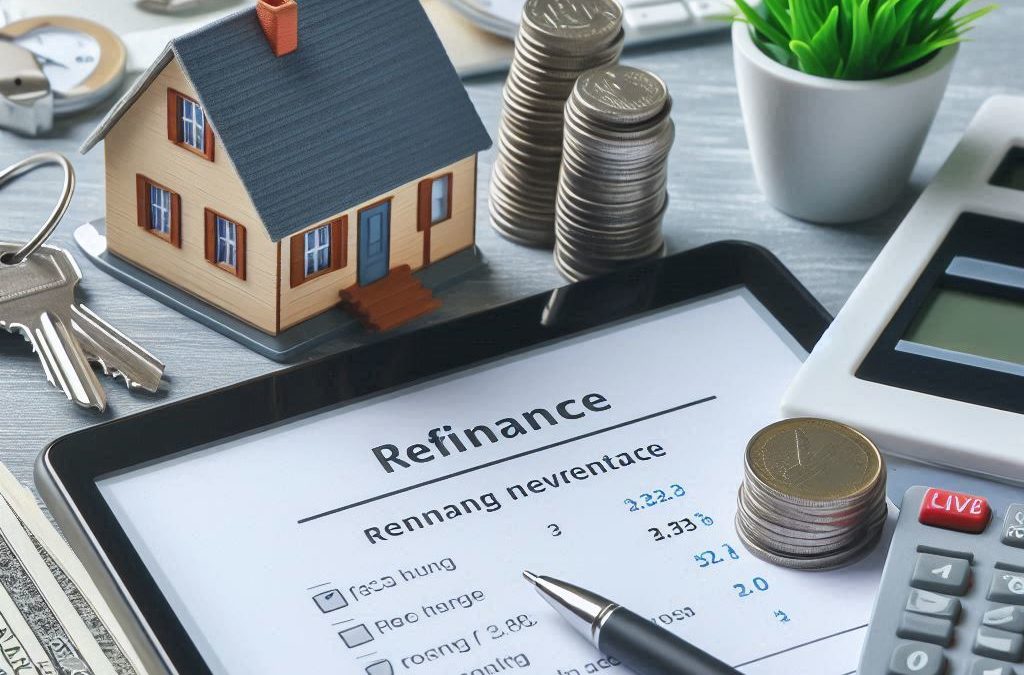When you buy or refinance a rental property, the costs associated with the mortgage can’t be just deducted as an expense the first year, and these costs also can’t be added to the depreciation basis for the property. Instead, the loan costs must be “amortized” over the term of the loan.
For example, if you buy a rental property with a 30-year mortgage, then 1/30th of the costs associated with acquiring the mortgage will be deductible as an expense on your Schedule E each year. If the first year is a partial year, then the fraction for that portion of the first year will be smaller.
What is amortization?
Amortization is similar to depreciation, in that it is a way to spread the tax deduction for an expense over a number of years. The main different between amortization and depreciation is in how it is handled when you dispose of (sell) the property. At that time, the remaining balance of an amortized expense is deductible as an expense that reduces the gains from the sale of the property. But for expenses that are depreciated, the remaining depreciation is not a deductible expense, and in fact the depreciation you took over the years of owning it may have to be recaptured (repaid) if you sell the property for more than the depreciated cost basis. But amortized expenses don’t get recaptured.
You can find the costs related to the loan on the Closing Disclosure document that is included in the documents that you sign at closing. The total amount you can amortize is generally going to be the total of the “Loan Costs” section of the Closing Disclosure.
Refinance Costs
If you refinance a property, the costs associated with the refinance can also be amortized over the term of the new loan.
But what if you had a previous mortgage with loan costs that you were still amortizing? According to IRS FAA memorandum 20172901F, it depends on whether the refinance is just a minor modification of an existing loan, or if it’s a new loan that pays off the old loan. If it’s just a modification of the existing loan (which is uncommon), then you would add any remaining amortization balance from the old loan to the amortization term of the new loan. But most often it will be considered a new loan, in which case any remaining amortization balance from the old loan is deductible as an expense in the current tax year.

